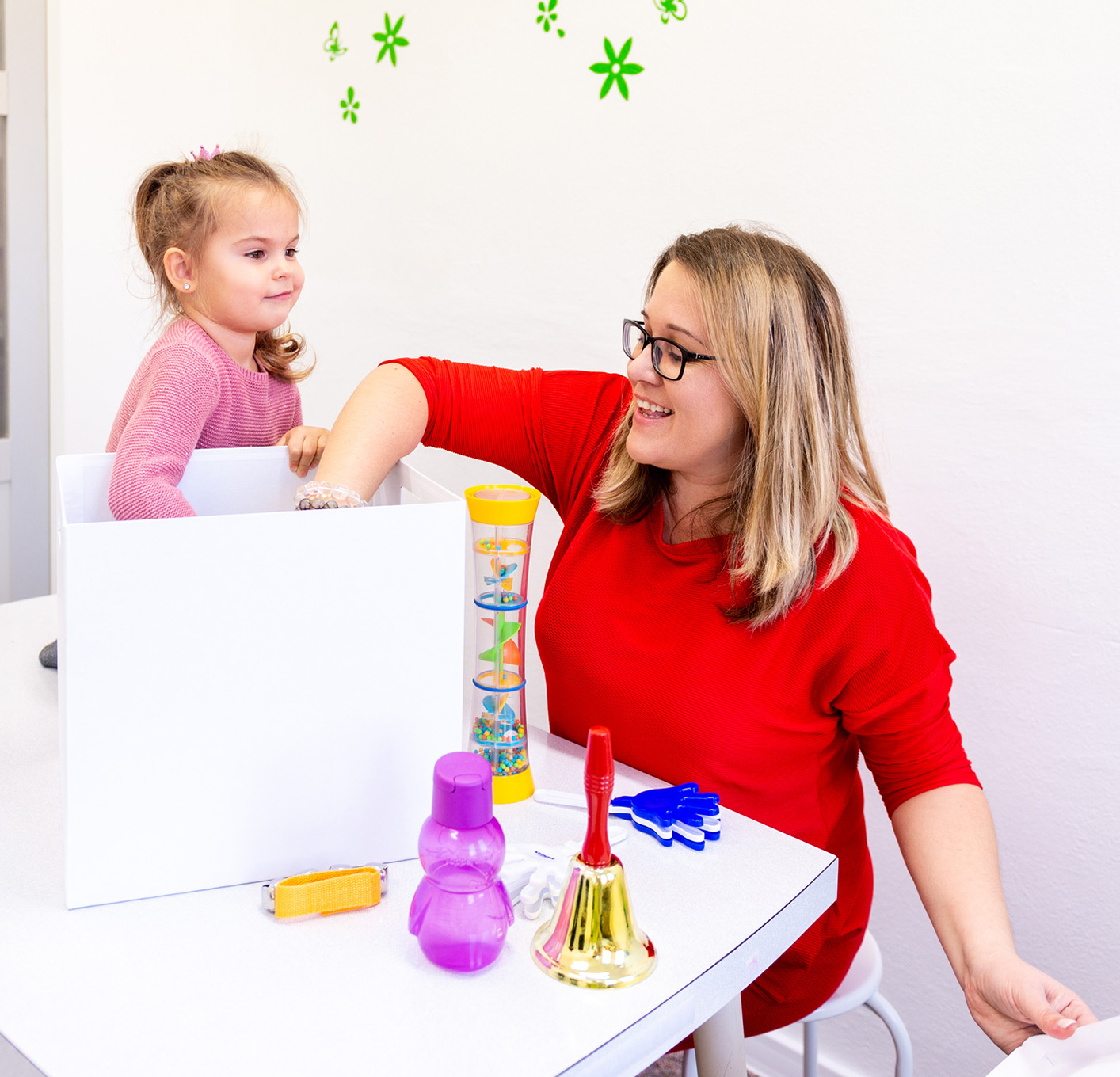Our Treatment Services

General Therapy & Counselling
At The Middle Path, we offer specialised treatment, assessment, and diagnostic services for individuals, couples, and families in the South East Suburbs of Melbourne.
We use evidence-based therapies to help treat a number of mental health conditions and strive to provide genuine empathy, ethical care, and compassionate support every step of your journey.
Our psychologists see clients of all ages and are also trained in evidence-based therapy for relationship conflict (couples therapy).
We provide treatment for adolescents and adults with:
- Anxiety (social, general, panic)
- Depression (clinical and chronic)
- Complex Trauma, PTSD, and Adult Survivors of Sexual Abuse.
- Grief and Loss
- Borderline Personality Disorder.
- Suicidal Behaviours & Self-Harm
- Emotion Dysregulation
- Eating Disorders (bulimia nervosa, binge eating disorder, anorexia nervosa)
- Addiction (alcohol, substance use, gambling, and sexual)
- Dissociation & DID
- Other personality disorders
- Bipolar Disorder (management)
- Other mental health conditions not listed
Book an appointment
Each of our therapists is specially trained and highly experienced in various areas of expertise. We’ll pair you with a therapist who best suits your needs and goals, who understands you, and who can guide you through life’s challenges.
A balanced approach to mental health and wellbeing
There’s no two ways about it: life can throw us a few curve balls sometimes. You might find yourself feeling trapped, stuck in a rut, stressed and overwhelmed. You may feel like you’re struggling, that your emotions go up and down and that you want to improve your overall mental health and well-being.
With the right skills and support, you can take a step back and see a pathway through – A Middle Path. That’s where our team can step in and assist.

We’re experts in Dialectical Behaviour Therapy (DBT)
What is DBT?
DBT is a structured and evidence-based therapy, effective in helping people manage their emotions, improve their relationships, and achieve overall better mental health and well-being.
Treatment focuses on developing life skills in four main areas: mindfulness, distress tolerance, emotional regulation, and interpersonal effectiveness.

How does DBT work?
DBT is made up of three main components:
Individual Therapy
We work with you one-on-one in regular sessions to identify your specific goals and motivate you for growth and learning
Group Skills Training
You’ll learn and practice skills in a class setting to help regulate emotions, cope with stress, and improve relationships
After-hours Coaching
Access to your therapist outside of scheduled sessions, when you need guidance and coaching
In a fourth component – DBT Team Consultation – your DBT therapists meet on a regular basis to help support the progress of each other’s clients.
These four elements work together to help you learn how to deal with challenges in a healthy way and build a life worth living.
Who is DBT helpful for?
Research shows that DBT can be an effective treatment for several mental health and personality conditions, including:
Borderline Personality Disorder (BPD)
Suicidal Behaviours & Self-Harm
Complex Trauma/PTSD symptoms
Substance abuse or addiction
Anxiety disorders
Depression
Eating disorders
Emotional dysregulation
Even if you’re currently receiving hospital treatment, or your psychiatrist or psychologist has suggested DBT, or you feel DBT would be right for you, please free to get in touch with us to learn more about our DBT Program.
If you’re a concerned parent, partner, or significant other of someone with emotion dysregulation difficulties, please enquire by clicking the link below.

ADHD and ASD Diagnostic Assessments
ADHD Assessments for Adults and Youth
- Poor time management and organisation
- Impulsivity and lack of self-control
- Difficulty completing tasks
- Trouble concentrating
- Trouble prioritising tasks
- Forgetfulness
- Mood swings
- Very low motivation
- Emotional dysregulation
It’s normal to experience some of these symptoms occasionally. But when a combination of these symptoms interferes with daily life and you’ve been struggling with them for as long as you can remember, it could be a sign of Attention Deficit Hyperactivity Disorder (ADHD).
If you’re concerned about reports from your child’s school regarding trouble with study, focus or friendships, or if you can recall yourself struggling with the same issues and still do today, it may be time to consider a professional ADHD assessment.
What’s involved in an ADHD assessment?
We take a friendly, compassionate, and ethical approach to all assessments. Your psychologist will conduct clinical interviews, administer formal assessments, obtain relevant history, and complete observations, to provide you with a diagnostic analysis of difficulties. Your psychologist will also help you liase with a psychiatrist or paediatrician to assist you further.
A confirmed diagnosis can bring closure and understanding as to why you function the way that you do. However, it’s important to note that not all assessments result in a diagnosis, and the focus of the assessment is to identify strengths and help you learn how to manage symptoms so that you can thrive.
Autism Assessment
- Difficulty understanding social behaviours
- Delayed language development
- Fixating on certain objects or topics
- Repetitive behaviours or routines
- Trouble building and keeping friendships and/or relationships
- Over- or under-sensitivity to sensations like light, sound, touch taste, or smell
Our assessments are strengths-focused and centred on helping the individual and family understand more about autism. A formal assessment is more than just a diagnosis – it can provide immense learning to help you and your loved ones understand your strengths and how you can thrive.

What’s involved in an ASD assessment?
At The Middle Path, we respect neurodiversity and understand that no two individuals are the same. That’s why we take a person-centred, highly personalised approach to assessment and diagnosis.
Our ASD assessment process is comprehensive and generally involves:
Two face-to-face appointments of two hours in length, covering a thorough developmental history, behavioural observation, and clinical interviewing.
A cognitive assessment, which can be helpful for understanding each person’s individual strengths and challenges.
Psychological and behavioural assessments to parents, teachers, or partners of the individual undergoing assessment.
How long does an ASD assessment take?
From the initial session to a finalised report, the process roughly takes four weeks. However, we understand that every person is unique, and our assessment approach is tailored to each patient and their needs, so this timeframe can vary, especially during peak seasons (around November and January).
A professional ASD assessment and diagnosis can be life-changing. It opens doors to therapies and support services that can improve your quality of life and can bring about a sense of understanding and self-acceptance.
